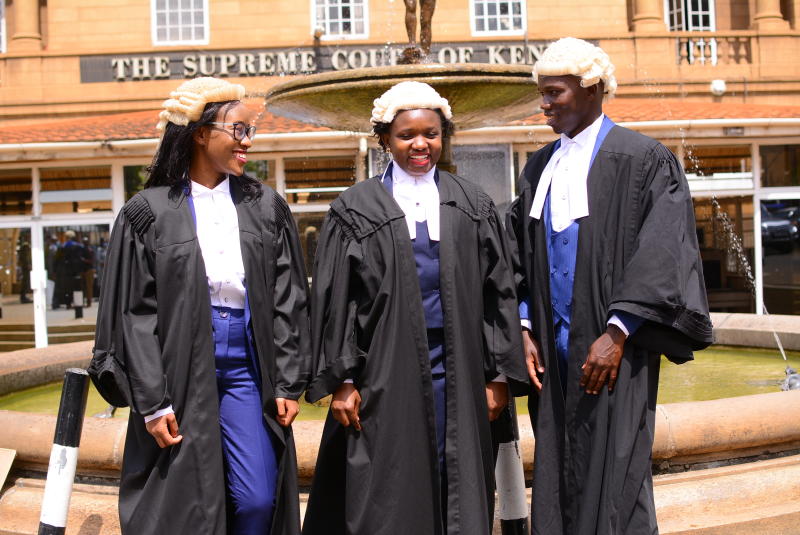×
The Standard e-Paper
Stay Informed, Even Offline

Higher qualifications may be introduced for students wishing to study law at the university if new recommendations to remodel legal training and qualification are adopted.
The report finds a strong correlation between students’ performance in the bar examinations and performance at high school and in the Bachelor of Laws programme and proposes new entry requirements.